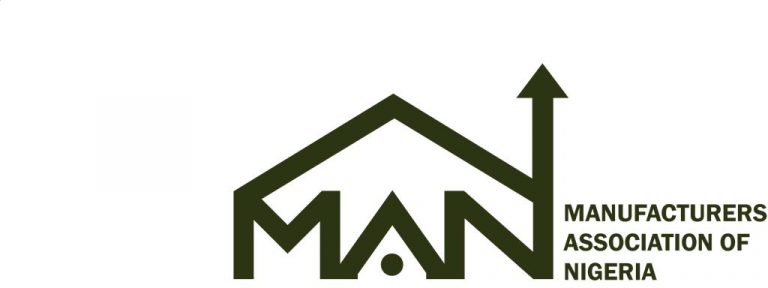25th July 2024
The Manufacturers Association of Nigeria (MAN) has appealed to the management of the Nigerian Ports Authority for more waivers to utilise the Calabar Ports.
The association made the call on Wednesday when its leadership paid a familiarisation visit to their facility as a way of fostering closer collaboration in Calabar.
The acting Chairman of the Cross River and Akwa Ibom states’ branch of MAN, Usen Umoh, said there were many manufacturers in both states eager to utilise the services at the Calabar Port.
He noted that since it had become very functional, manufacturers no longer needed to undertake stressful journeys to Onne Port in Rivers State and Badagry Port in Lagos State to export or receive their goods, especially given the poor road infrastructure.
He said: “We are very happy to note that the Calabar Port, which is nearby, has since become functional and active.
“There has been an increasing number of our members who have realised this and are patronising the port. We appeal to the management of Calabar Port to grant our members more waivers on our export-bound goods.
“We also want to take full advantage of the 180-day window granted to local manufacturers to export their goods and also import through the Calabar Port instead of Lagos or Onne ports,” Umoh disclosed.
Calabar Port’s Legal Officer, Barrister Ekanem Bassey, who represented the Port Manager, Olumati Festus, at the interface, welcomed the MAN delegation.
She confirmed that Calabar Port had become active and very functional, adding that the ocean-going vessels conveying bulk cargo, dry and wet, and general cargoes arriving at Calabar Port were significant.
Bassey also added that 16 to 18 mega ships of up to 190 LOA capacity now berthed at the port every month.
“But regretfully, many manufacturers still prefer, in ignorance, to pass through so much stress to move their goods through either Onne or Lagos ports.
“We give lots of concessions and waivers to exporters and importers at the port as a way of discouraging them from incurring huge expenses and stress at other distant ports,” she said.
Umoh further disclosed that they were automated and had three terminals, adding that the issue of dredging had been sorted out.
Also speaking, the Traffic Manager, Albert Alaleye, disclosed that they had held meetings with firms that did imports and exports in both states to sensitise them about the functionality of the port.
Alaleye disclosed that the Calabar Port served the Adamawa/Taraba/Borno axis, confirming that vessels from the port also serviced neighbouring countries like Cameroon, Gabon, and Equatorial Guinea.
He added that they, however, preferred flat-bottom vessels because of the tide, adding that they had equipment that could handle all manner of cargoes.
